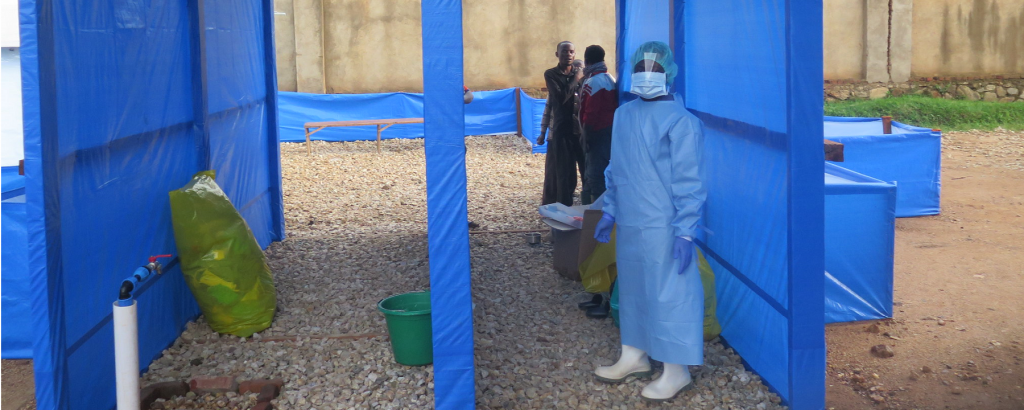Health authorities in Uganda have approved the use of three experimental treatments against Ebola in the country. The decision comes in anticipation of spillover from an ongoing outbreak in neighboring Democratic Republic of Congo and after the deaths of two people in Uganda last week who had traveled across the border from DRC with the virus.
Reuters reports that the treatments, all of which are already being used DRC, will be shipped to Uganda so that health workers can respond to any further infections. So far, there have been no cases of Ebola spread between people within the country.
See “Three Ebola Cases Identified in Uganda”
Uganda’s Health Minister, Jane Ruth Aceng, tweeted the news on Monday: “Happy to inform you all that we got clearance from both Uganda National Council for Science and Technology and National Drug Authority to bring in the Therapeutic treatment for #Ebola patients in the country.”
The drugs include the antibodies ZMapp (made by Mapp Biopharmaceuticals) and REGN-EB3 (made by Regeneron Pharmaceuticals), as well as Gilead Sciences’s antiviral Remdesivir, which was recently shown to work by disrupting viral genome synthesis.
All of the treatments have been in use in DRC since last fall. Protocols for a fourth treatment are underway, World Health Organization (WHO) spokesman Tarik Jasarevic wrote in an email to Reuters.
See “Q&A: Anthony Fauci Describes an Experimental Ebola Treatment”
The latest outbreak of Ebola began last August and has so far killed more than 1,400 people in DRC, making it the second worst outbreak of the virus after the West African outbreak that killed more than 11,000 people between 2014 and 2016.
WHO last week (June 14) reaffirmed its decision not to declare an international emergency on the grounds that an announcement could damage the region’s economy and aid efforts.
In the third meeting on the topic since the outbreak began, “it was the view of the committee that there is really nothing to gain by declaring a public-health emergency of international concern, but there is potentially a lot to lose,” Preben Aavitsland, acting chair of the WHO emergency committee, told a press conference at the time, the Wall Street Journal reports.







